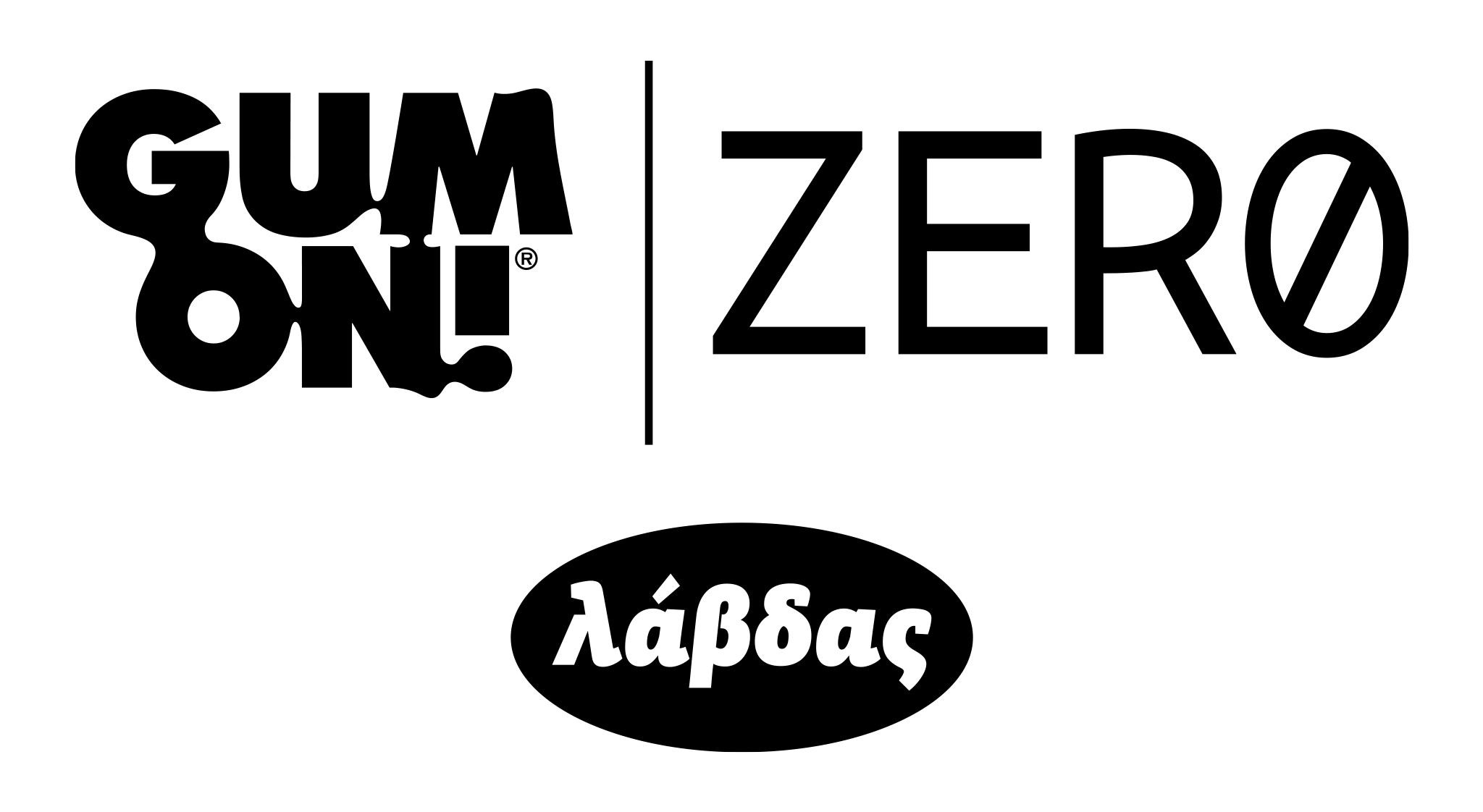CNN) – The first day of the Plenary session of the International Model European Parliament (iMEP) kicked off at the Old Parliament house in the heart of Athens, Greece. This vital event helps shape the EU, dealing with extremely important subjects, affecting all member nations across the EU. The session is split into five one hour fifteen minute sections, each of them critically exploring a different committee.
The Power of an Intense Speech
During each designated time slot, a group of young aspirational members of MEP showcase and grow their skills of cooperation, debate and critical thinking through simulations of parliamentary sessions. Whether or not a delegate can successfully win over the crowd and help pass their resolution takes incredible amounts of knowledge blended together with exquisite abilities to hold a speech.
Speeches held during these sessions are essential for the committee’s success. They can leech onto a listener’s attention, and since the members of the audience (the delegations and delegates) are the ones voting for their passing, their attention should be the objective.
Fatigue Experienced by The Audience
During many speeches, numerous members of the audience were caught sleeping, oblivious of their surroundings. Many with lack of sleep, filled with exhaustion, felt no choice but to take a nap while hidden from anyone who may judge them.
The speech that changed perspectives: The Power of One Man
However, a strong reaction and engagement was seen during the amendment speech for the committee of IMCO, held by an exciting delegate from Ireland. His passion, energy and spirit could be felt echoing all around the hall.
He was able to capture everyone’s attention and hearts with his subtle yet powerful movements. He could be seen jumping up and down, as if of excitement, looking as if he was ready to fly away. This slight gesture of hopping up and down rumbled through the halls, mesmerizing each member of the audience.
Despite his heroic efforts, his amendment was denied, but one thing was made crystal clear; he stole the whole audience’s hearts.
-Milla Jalasto, CNN










